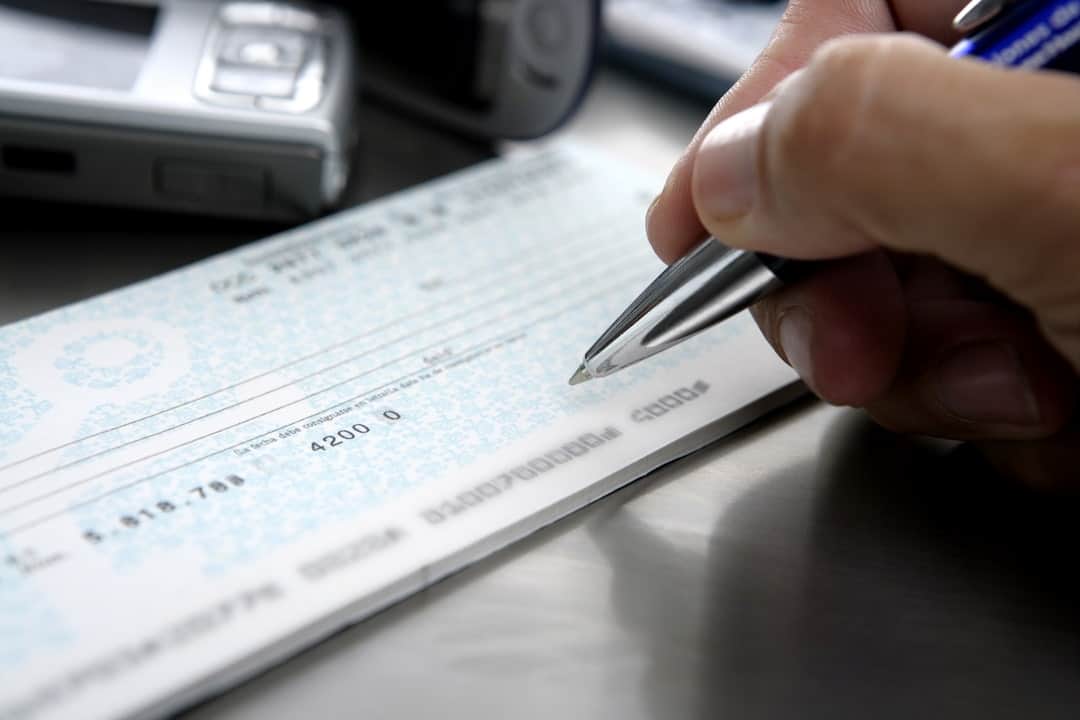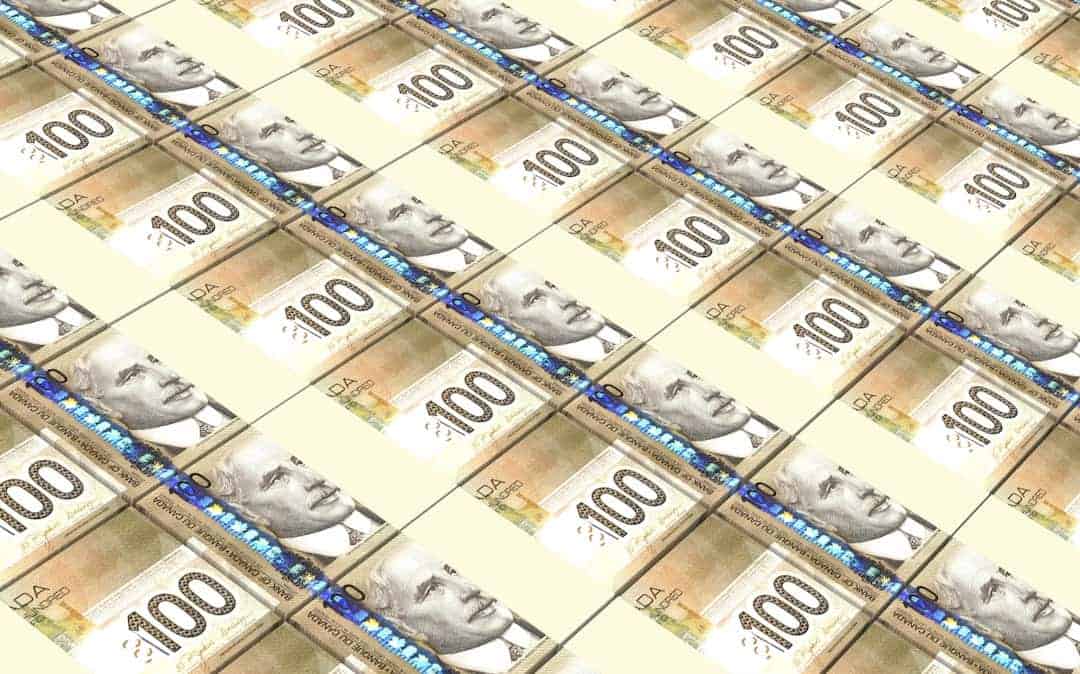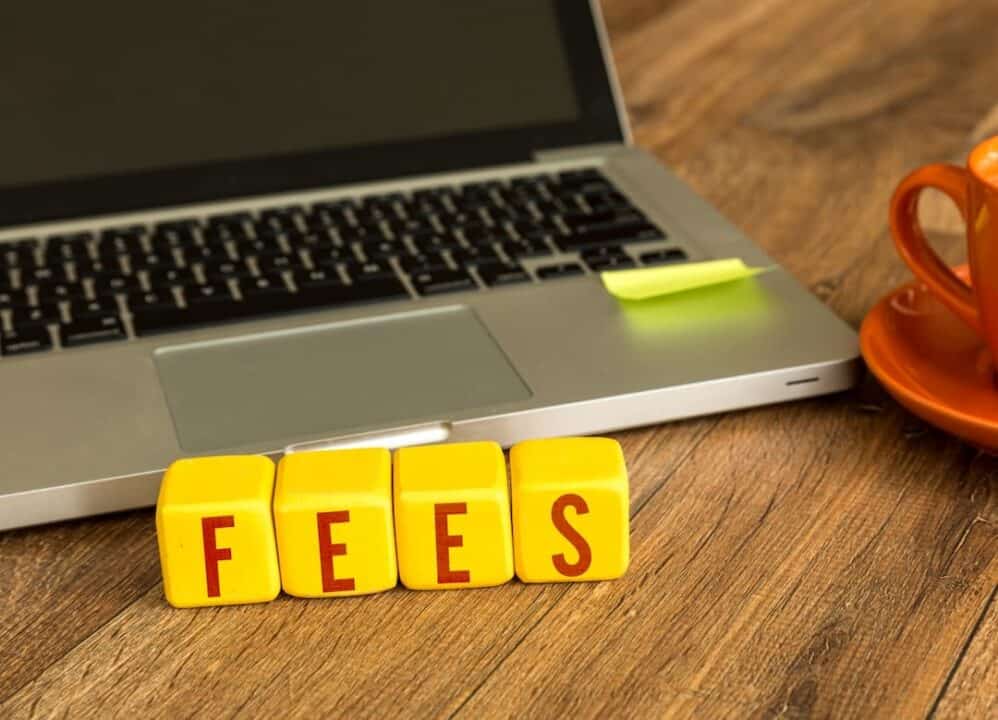When you start your business or want a personal account, one of the first things you need to do is choose a bank account. It is essential to decide which type of account will fit your financial needs.
A Bank Account
A bank account is an arrangement with a financial institution where money can be deposited, withdrawn, and transferred.
Choosing a bank account is something most people don’t research on because it can get very confusing. After all, who wants to wade through pages of terms and conditions? However, it’s worth your time to make sure you have opened the most suitable account for your financial goals.

Is A Checking Account the Same As A Savings Account?
A lot of people have trouble differentiating between a chequing and a savings account. They are two very different financial products.
There are a few differences that separate the two, but only one stands out from the other. In this section, I will discuss the difference between chequing and savings accounts, their features, and which one to choose depending on your financial needs.
What Is a Chequing Account?
This is a bank account that allows you to write cheques and make deposits or withdrawals on demand. When opening a chequing account, you get a checkbook and a debit card. The debit card is used in the same way that a credit card is used and swipes in any ATM or at merchants that accept Visa cards.

Chequing Accounts Are Very Popular
Chequing accounts are very popular with consumers. The reason behind this is that there are a lot of benefits associated with chequing accounts. For example, you can make payments with a cheque written from a Chequing account. In addition, the bank also allows you to overdraw from the account. Still, it will charge you accordingly if you do so.
Once you start to compare a chequing and saving account side-by-side, you’ll likely want to know the pros and cons. It will help you make the proper selection for your particular situation.
Pros of Chequing Account
· Among the most significant benefits of a chequing account is that you can easily access your money. No matter where you are, you can access your money immediately.
· They allow you to deposit money into the account and then withdraw that money at your convenience.
· You’ll get unlimited free transactions; the number of transactions you can carry out in a day is determined by bank account balance.
· It’s the smart choice for managing your money (current account) for a business or company.
· You can use your Debit Card at businesses online or mobile payments in stores and everywhere else debit cards are accepted.
Cons
· There are monthly or transaction fees associated with your Account. Banks usually make money by charging users for their payment services such as ATM, e transfer, and mobile payments.
· The money you put in a chequing account will not accumulate interest.
What Is a Savings Account?
A savings account is, as you expect, an account you use to save money. It is a universally accepted truth that your first investment should be a savings bank account. The bank saving account is one of the most popular investment tools.
When you deposit money in a savings account, it earns interest at a fixed rate agreed upon by the bank and the depositor at the time of opening the account.
A savings account can be used to store money for investments purposes, bond funds, and for a rainy day. However, the money in the savings account is mainly inaccessible. They don’t offer a checkbook or debit card only requiring a withdrawal or a transfer to a chequing account to access money.

Pros & Cons of Savings Accounts
Some argue that it is vital to save money, while others believe that leaving cash in your account will do no good.
Nevertheless, a savings account is one of the most helpful bank accounts that a person can have. If you are wondering about the pros and cons of savings accounts, read on to have a better idea about it.
Pros
· You can deposit any amount of money you would like into this bank account
· The money will earn a small amount of interest, depending on how much money you deposit, and the type of savings account you have. It means the money inside the account grows slowly, on its own.
· It can be an excellent place for tax-free savings and to protect your money while earning interest with it.
· Although some fees are associated with savings accounts, they are typically less than the fees that come with using a checking account.
Cons
· The benefit of having a savings account is that your money is still accessible, but for a price. Unlike chequing accounts, which are transactional-based, savings accounts require an initial deposit when opening and a regular monthly deposit to keep the account active.
· Another factor worth considering is the length of time it will take to access your money if you need it. Again, this rule is mainly agreed upon during the account opening. (terms and conditions)
· You can only withdraw from a chequing account in a savings institution or through electronic transfer to another account at your institution or another financial institution. A transfer can take two or more business days.
Do You Lose Money with A Savings Account?
It is a question many people ask themselves when comparing the benefits of chequing or savings accounts. When it comes to keeping your money safe, a savings account is the best because you will earn more money instead of losing it.
Savings accounts should be your first gateway into the world of investing. It’s basically like having a piggy bank but at the same time, you’re actually earning an interest based on the sum of your deposit.
When to Use a Savings Account Over a Chequing Account
Have you ever wondered when you should use a chequing account vs a savings account? Though they are both deposit accounts, they have different design features and can be used for various purposes.
When using a chequing account, the money you have deposited will not earn any interest. Therefore, if you want to grow your savings, a savings account will be more suitable than a chequing account. In general, chequing accounts are best used when you are making frequent transactions or regularly depositing and withdrawing funds from your account.

Is It Better to Have a Checking or Savings Account?
If you’re like most people, you’ve probably never thought about this question. We have all heard that it is better to open a separate account for savings- it offers the best way to save your money. A checking account makes access to your money easy.
Most people believe it is better to have a chequing account rather than a savings account. In my case, I have both chequing and savings accounts. If you are saving for something special or you are under a tight budget each month, it makes all the difference in the world.
Difference Between Chequing and Savings
A chequing account and a savings account are both bank accounts that are used for different purposes. One is meant to save money while the other is for spending money and paying bills.
Chequing vs Savings Accounts-Fees
Many people enjoy the benefits of having a chequing bank account. They make it easy to manage your money and make purchases whenever you need them. Still, many people don’t realize that even chequing bank accounts have fees associated with them. Along with an annual fee, some banks charge for certain transactions you make when withdrawing cash from an ATM or through a retail branch using your debit card.

Access to your Money
With savings accounts, however, the depositor is not able to withdraw the funds whenever they like. Therefore, the depositor must remain disciplined with their savings and withdraw money based on the agreement. Furthermore, savings accounts allow the depositor to withdraw money only at pre-specified intervals, for example, monthly or after 1-2 years.

Chequing and Savings accounts Main Difference
Chequing accounts are best for day-to-day business or personal transactions. In contrast, a saving account is essential for long-term investment. The way that we have been brought up, we have been taught to save money and set aside our earnings for rainy days. Your savings will help you through emergencies, unexpected expenses, and retirement.
Is A Debit Card a Chequing Or Savings Account?
Your debit card is a chequing account. After all, when you swipe your debit card, you’re actually “making a withdrawal”. Chequing accounts have unlimited transactions but earn zero interest. Savings accounts pay higher interest rates but have limited transactions.
The Bottom Line
These two types of banking accounts offer very different services and have other purposes. Before getting started, you need to figure out which best fits your needs depending on what kind of transactions you conduct.